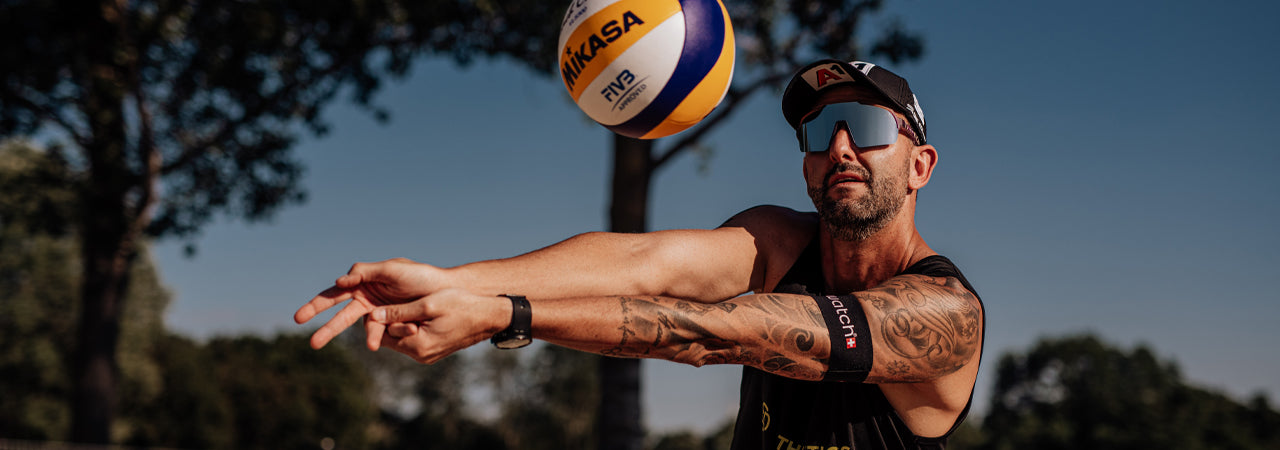J-athlete Elisabeth Niedereder summarizes in a nutshell how a successful entry into the world of running can be achieved. The 26-time national champion in the middle distance is extremely successful with her company Tristyle and supports runners of all levels in achieving their goals. The trained sports scientist trains running trainers and personal coaches at the Tristyle Academy. Put on your running shoes and let's go ...
Tip 1: Don't start too quickly
Most beginners start out very motivated, run at a very high pace from the start and then realize after a few minutes that it was perhaps a bit too intense after all. So you quickly lose the desire to run and don't like to go on. Therefore my tip: start with walking phases and bring in slow and easy running phases. Example: 5 minutes of walking, 1 minute of running, 5 minutes of walking, etc.. Less is more in the beginning and if you challenge yourself too quickly, it leads to unnecessary frustration.

Tip 2: Don't skimp on equipment
I often see runners wearing sneakers, soccer shoes, tennis shoes, all kinds of shoes, but not running shoes. Why is that so important? Of course, it doesn't have to be the most expensive high-end running shoe on the market, but it should at least be a well-cushioned shoe that stabilizes your foot and protects you from injuries and overload.
Tip 3: Running alone is not enough
Running is important, but supplementary training is often forgotten and neglected. Strength training & Flexibility training such as stretching or mobilization is very important and protects against injuries. Most runners like to run but hate stretching or weight training, although it is very important. Most injuries happen because runners don't do enough work in these areas. Strengthen your entire muscular system and pay special attention to your core muscles. Don't forget to stretch and mobilize regularly. You should focus primarily on your legs and lower extremities.

Tip 4: Eating and drinking must be planned
Eating and drinking must be well thought out, otherwise there will be unpleasant consequences. Some eat and drink too little or too much before running, others eat and drink nothing at all before they start running. This happens because many novice runners often go running spontaneously and without a plan. Proper preparation is usually not considered. How much and when to eat and drink before running is a very individual matter. You have to figure out the right amount and the perfect timing for yourself. Here are a few general tips: The last meal should be at least 2 hours before running and should not be stressful. I recommend a low-fat and low-fiber, in short rather easily digestible, meal. For example, a slice of bread with honey, oatmeal soaked in water or half a banana. It is important that you tolerate it well and are used to it. The last time you should drink about half an hour before running, about 150 to 200 ml. So you shouldn't drink too much either, but you have to take into account that your body will need fluids. The warmer it is and the longer you run, the more fluids you need to drink and maybe even take with you when you run. However, it is only really important to bring drinks with you after a run of 60 minutes.
After the run is before the next run! You should therefore immediately do everything necessary for good regeneration. Drink plenty of fluids and eat a small meal 30 to 60 minutes after your run. After two hours, I recommend having a real meal.




